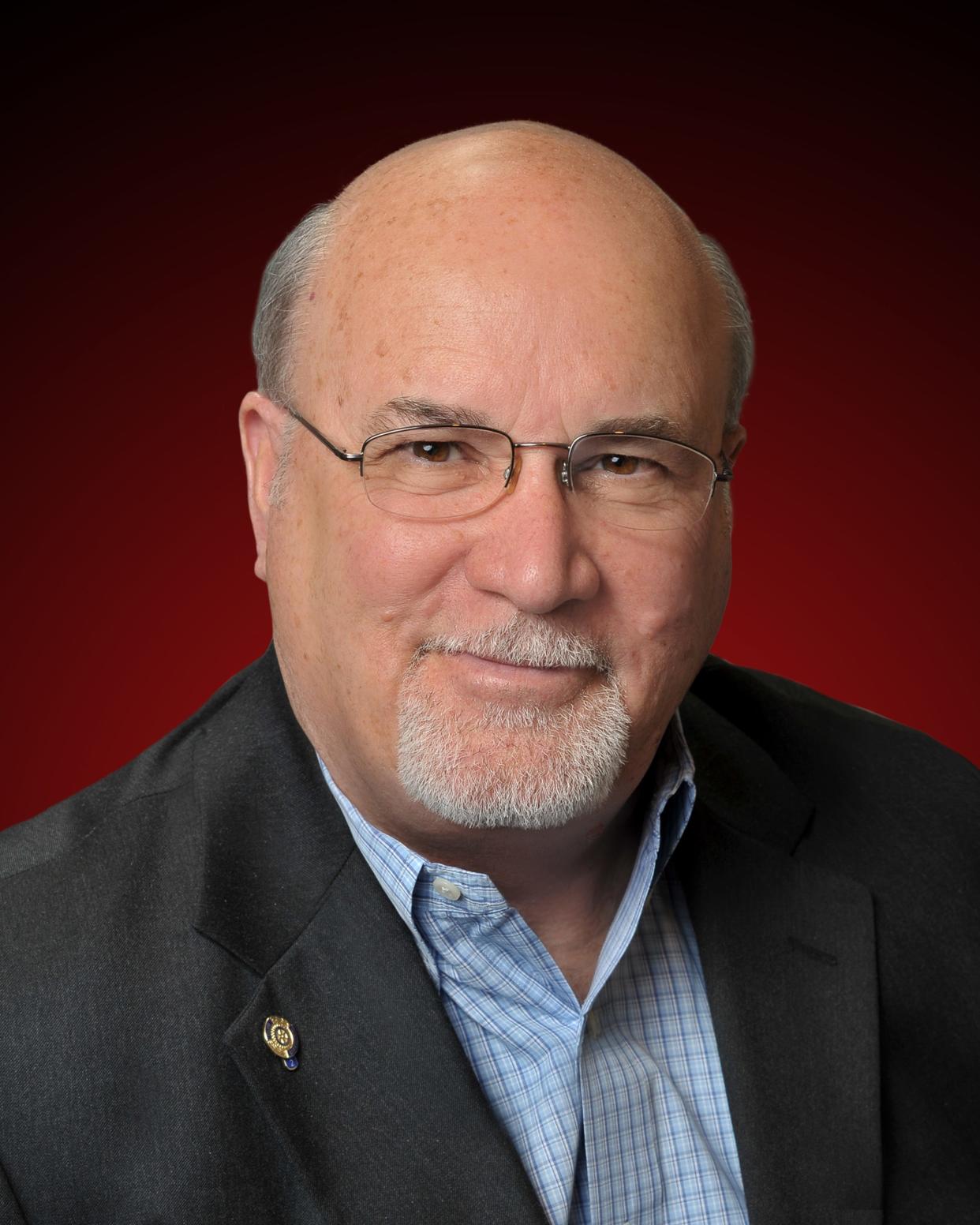Viewpoint: What does the bipartisan infrastructure bill mean for OKC housing?


Last month, Congress passed and Joe Biden signed a $1 trillion bipartisan infrastructure bill into law. In our view, the measure is good news for homeowners and potential buyers in the Oklahoma City metro area because it helps them live wherever they choose.
The legislation, sometimes known as BIF, includes $65 billion to improve broadband access. In the 21st century, affordable, reliable high-speed connections aren’t a luxury — they’re a utility like water, gas and electric service. But we currently see “death valleys” with substandard access, especially in less-dense parts of the metro. When we improve broadband, we allow more people to live where they choose. People should be able to have an acreage, raise animals or just gain a little breathing space without having to give up access to modern technology.
This part of the bill benefits everyone from Norman to Guthrie, and El Reno to Shawnee.
Another positive aspect of the law is the effort to improve transportation and provide new options. All projections show the Oklahoma City area growing over the next 20, 30 and 40 years. If we don’t properly account for the population explosion, it can limit mobility and hamper economic development. Robust infrastructure for cars — along with public transit — lets people live and work where they want, and change jobs when necessary, without uprooting their lives.
Also, when people can easily and comfortably commute, it gives them greater choice about where to live. More people evaluating more parts of town lowers price pressure in dense areas and helps make housing more affordable overall.
This isn’t the only thing necessary to solve the lack of “missing middle” housing for working people, but it’s one step in the right direction.
Overall, we see the infrastructure bill as an extension of the local work Realtors have supported, such as Oklahoma City’s general obligation bonds to improve roads and sidewalks. In both cases, leaders recognized how important it is to invest in quality of life and economic development.
To be fair, Realtors don’t love every provision in BIF. For example, we worry allowing Freddie Mac and Fannie Mae to charge additional fees will keep some people from owning their own homes. We will continue to work with Congress and regulators on these issues as we support the American dream of homeownership — and choice about where and how to live.
For now, we will focus on celebrating all the good the plan brings for our community and our neighbors.
Glen Cosper and Carolyn Sims are Realtors who serve on the government affairs committee of the Oklahoma City Metropolitan Association of Realtors (OKCMAR). Cosper chairs the committee.
This article originally appeared on Oklahoman: What the bipartisan infrastructure bill means for OKC housing

